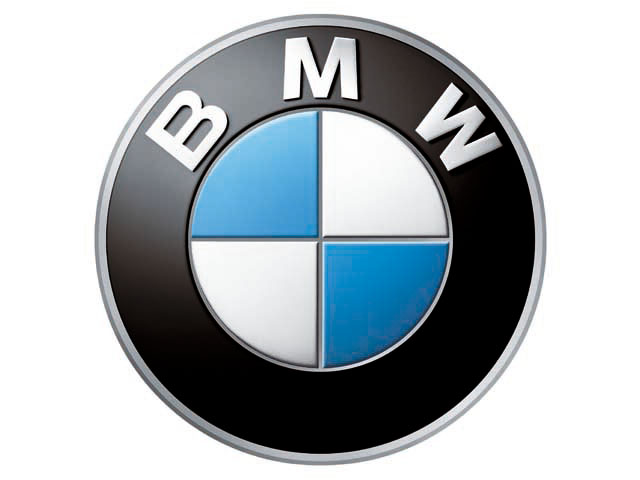BMW to move back from SA due to ongoing car strikes
Oct 10, 2013 178 view(s)
BMW South Africa has decided to stop all its “future plans” to expand there after a four week strike in the car manufacturing industry caused export sales drop by 75%.
According to the South African Chamber of Commerce and Industry, the economy of the country has been affected by $2bn. As a conversation with BBC, BMW told that all of their plans to increase capacity at its Rosslyn plant has been paused. There is also a separate strike going on by the component manufacturing workers.
The ongoing strikes have affected the top manufacturers in South Africa including Nissan, Ford, General Motors and Mercedes Benz.
The strike includes around 30,000 to 40,000 people with workers demanding a 14% pay rise.
But they were offered a 11.5% rise, which will be decreased by 10% by the following two years. the workers accepted this as said by NUMSA spokesperson.
The strike ended up on 9th September, but the strikes in the car component industry is passing from its seventh week.
During this the car component industry workers have been offered a 10% hike followed by an 8% rise in each of the following two years. But still the negotiations are ongoing as said by NUMSA spokesperson.
The managing director of BMW South Africa - Bodo Donauer said that the company was unable to produce 11,000 cars due to this ongoing workers strike But the most important thing than this is the damage made by this strike.
He said that the German car maker had been in South Africa since last 40 years and so he has seen many ups and downs in the company, adding that they were not at all afraid in those situations also.
But now the situation has become more serious and so we have stopped all our future plans at our Rosslyn plant. Mr. Donauter also said that BMW which owns luxury car maker Rolls-Royce had been thinking about another model to taking up the business. But the company has decided to stop its plans as a lot of preparations are needed which was very sad.
Also Nissan stopped the production at its Rosslyn plant on 9 September and has not yet restarted.
NAAMSA analysed the statistics released by the country government. It said that the strike had destroyed the export sales as they decreased by 75% during September 2013.
According to a statement from the association, the export sales industry is estimated to contribute around 30% of the country’s manufacturing output. NAAMSA said “The strike has damaged South Africa’s image as a reliable supplier to the international market and is expected to affect all the future export contracts.”
IMF warned that South Africa is facing rather a dull economic growth, increasing unemployment rate and a high credit of foreign capital. The Congress of South African Trade Unions (COSATU) spokesperson said that the strikes are the result of the highest inequality the country is having.
He said that “Even the Lowest paid workers like the car workers are earning a fifth part of what the American workers who are at the same level are earning.”
Due to country’s high unemployment rate, low wages are rather problematic which was unofficially at 36%. This means the workers were supporting the unemployed families and so their wages were extended- he said.